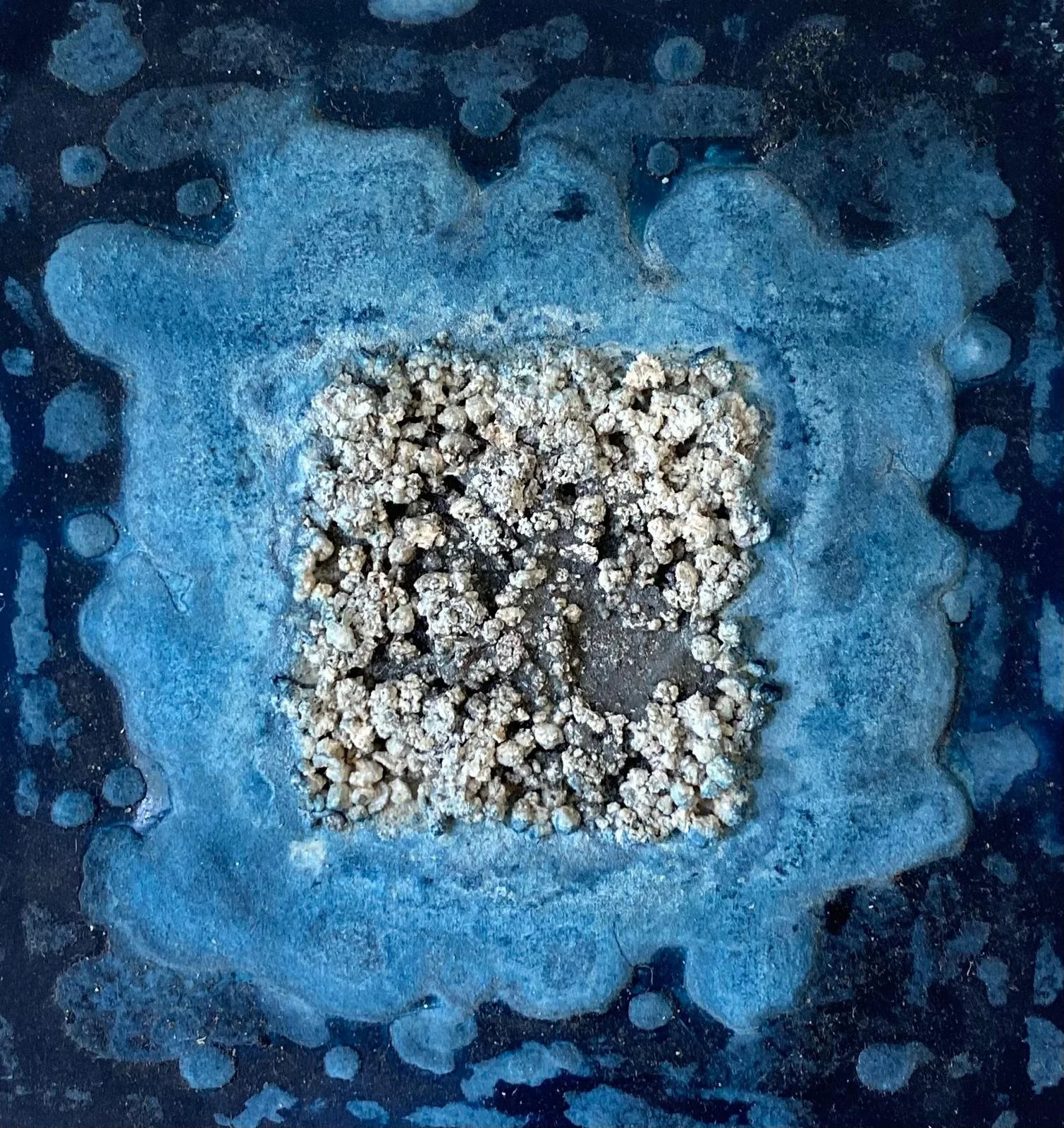Art collection of the Asyl der Kunst Stiftung
Werner Rogalewski (1919 – 1988)
Werner Rogalewski was born in Berlin in 1919. From and early age he showed a keen interest in sketching and drawing. At the age of 19, he was called up for labour service and subsequently served as a soldier until 1944. In Italy, he was taken prisoner by the British and spent time in Algeria and Egypt until 1948. After his release, he returned to Berlin where he began to study at the ‘Meisterschule für Graphik und Buchgewerbe’ (Master School for Graphic Arts and Book Crafts), graduating in 1955. He then worked as a commercial artist in Bremen.
Under the artist pseudonym ROGA, he created pen and pencil drawings inspired by surrealism as early as the 1950s. After joining the Bremen Artists' Association in 1956, he held several exhibitions in Berlin, Bremen, Bückeburg and the Netherlands, among other places, all of which were very well received. This great success can be attributed to his idiosyncratic style. Rogalewski explained that he wanted to depict the unknown and make it visible. In doing so, he developed a completely new style that distanced itself from everything that had come before. He called his works pictures, drawings and objects that were somewhere between an image and a sculpture - these are characterized by their diversity in motif, technique and material.
Rogalewski used a specially developed “swelling technique” in which a colourless liquid chemical is applied to a surface, causing it to swell and creating a plastic relief-like effect; the plasticity grows out of the material itself. The artist named this technique ‘Das Roga Relivio’:

Werner Rogalewski, Untitled, 1972, Swelling technique, Coloured, 14,5 cm x 16,5 cm

Werner Rogalewski, Untitled, Date unknown, Swelling technique, Relief, 15 cm x 14 cm x 1,4 cm

Werner Rogalewski, Untitled, Date unknown, Gloss paint on glass, Diameter 12 cm

Werner Rogalewski, Untitled, 1972, Swelling technique with tin frame, 15,5 cm x 13,5 cm x 0,8 cm
The ‘chemical painting’ developed by Rogalewski emulate the reactions and the momentum of chemical substances and dyes. In a lengthy transformation process, the artist produced colours himself by modifying them through chemical reactions to create new and diverse nuances.

Werner Rogalewski, Untitled, 1983, Chemical painting, 31 cm x 32 cm

Werner Rogalewski, Untitled, Date unknown, Swelling technique, Chemical painting, 16,5 cm x 12,2 cm

Werner Rogalewski, Mask, Date unknown, Monotype, 22 cm x 37 cm

Werner Rogalewski, Untitled, Date unknown, Material image on metall sheet, 8,5 cm x 7,5 cm x 1 cm

Werner Rogalewski, Untitled, 1964 - 84, Relief, Coloured, 7 cm x 15 cm x 0,5 cm

Werner Rogalewski, Untitled, 1959, Gloss paint, 19,5 cm x 15,2 cm

Werner Rogalewski, 5 vor 12, 1967, Material image, Tin, Copper, etc., 16,7 cm x 29,5 cm x 1,2 cm

